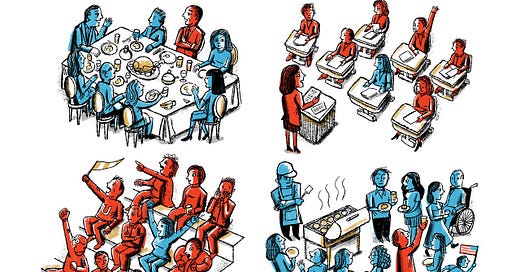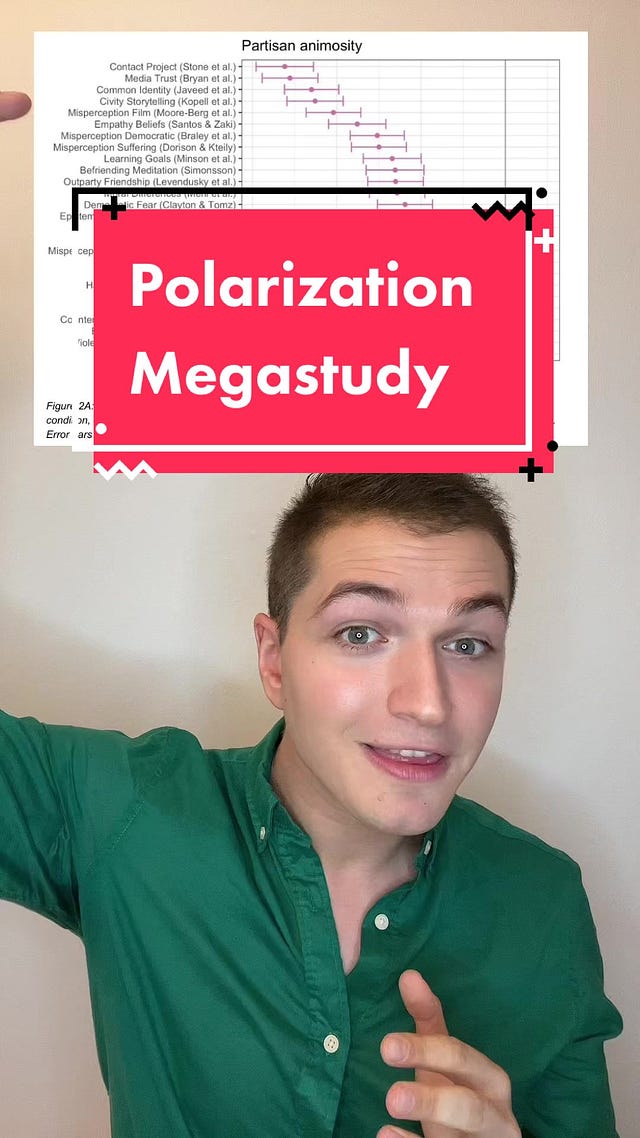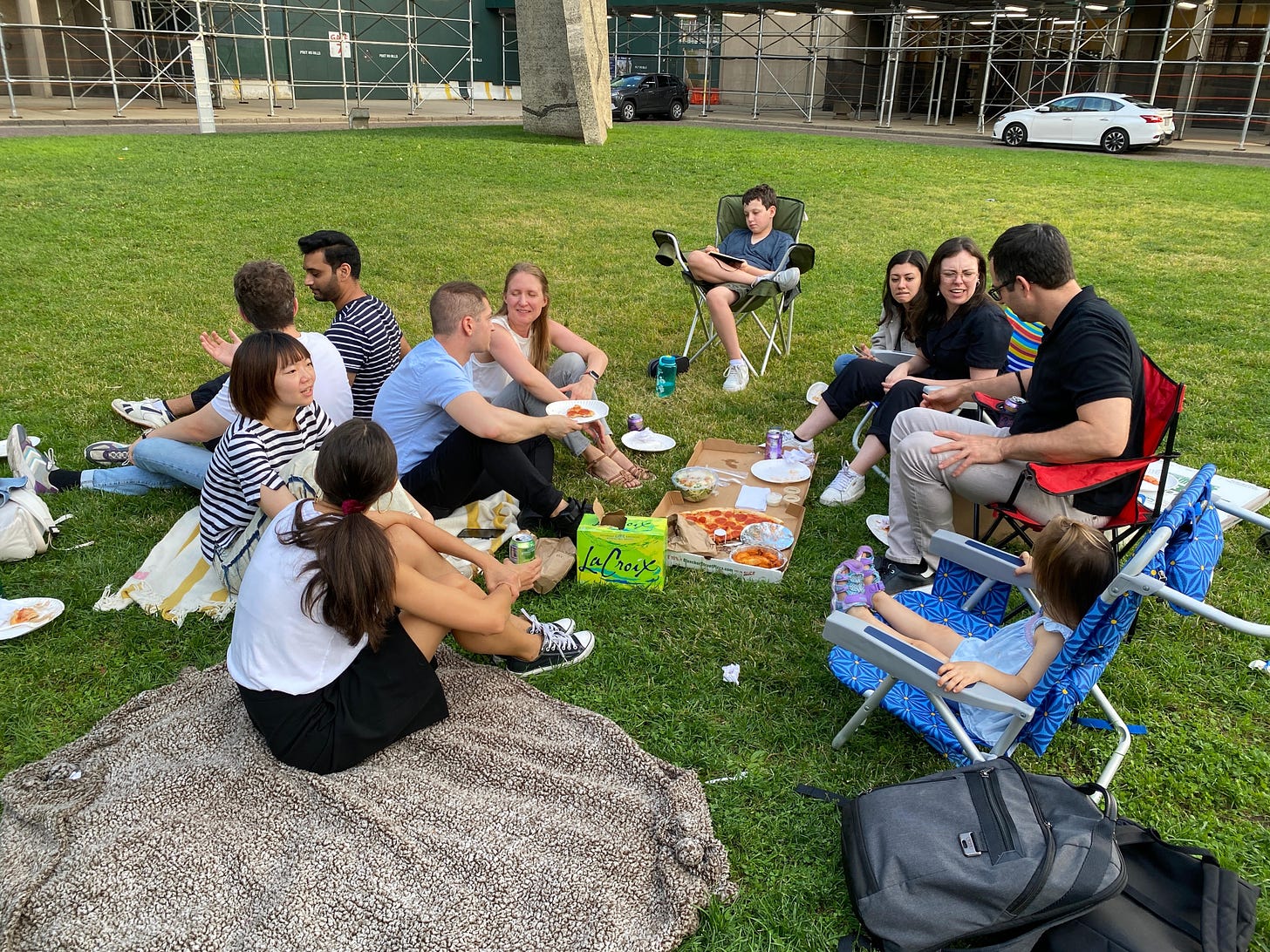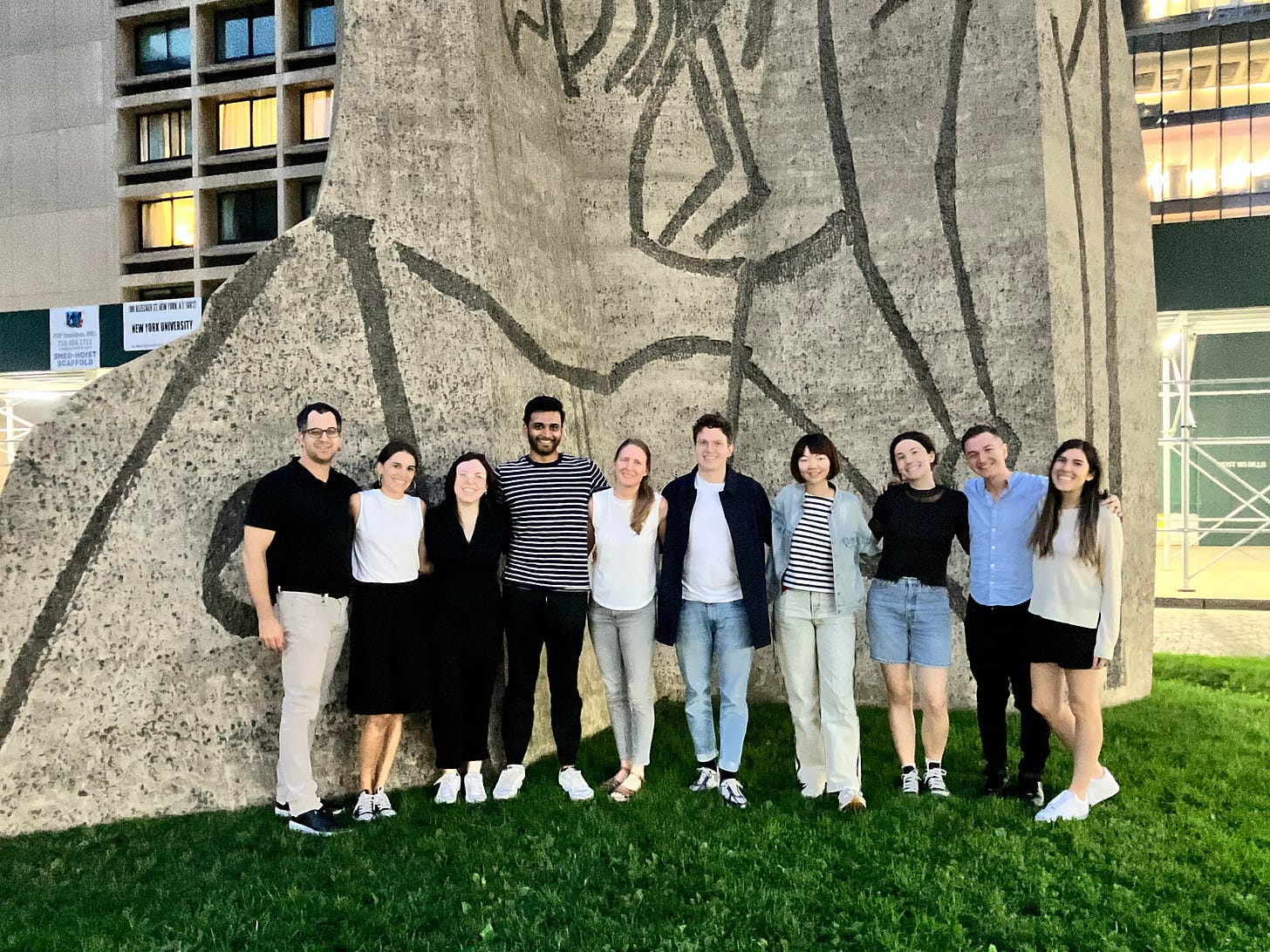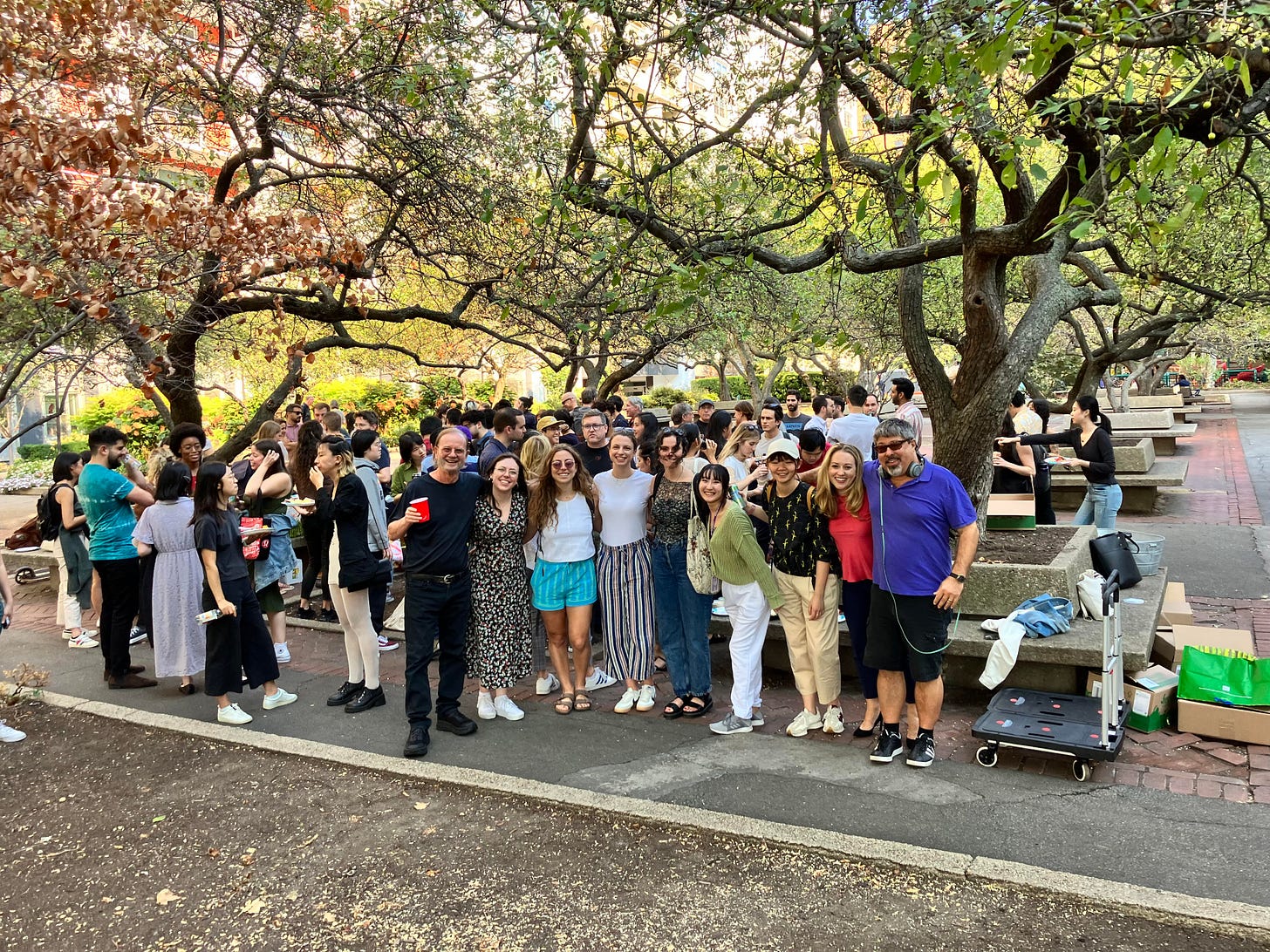Using Science to Help Save Democracy
Our latest research on interventions to reduce partisan animosity and address threats to democracy and partisan violence
Americans have a growing awareness that their democracy is under threat. A recent NBC News poll found that threats to democracy are currently the biggest concern facing the country: “21 percent of respondents ranked threats to democracy as the most important issue, followed by 16 percent who indicated the cost of living and 14 percent who said jobs and the economy.”
Scientists have been racing to understand more about how we can address these threats. In the most promising attempt to date, a large research group launched the “Strengthening Democracy Challenge” to test the best interventions for restoring a commitment to civil society. This challenge was a mega-study that aimed to find the most effective interventions at reducing partisan animosity, reducing support for undemocratic practices, and reducing support for partisan violence.
252 teams from around the world submitted interventions, and of these, 25 were tested on a sample of 32,059 Americans representative of the general population. An intervention from our lab—based on the principles we study on building shared social identities was selected as one of the top 25 finalists (it was designed by Ali Javeed, Steve Rathje, Kim Doell, and Jay Van Bavel).
ILLUSTRATION: ROBERT NEUBECKER from THE WALL STREET JOURNAL
Teams whose interventions were effective could share cash prizes totaling to $45,000. And we received an email indicated that our intervention was one of the winners! In all, 23 interventions were effective at reducing partisan animosity–often with moderate effect sizes—and 6 reduced support for undemocratic practices.
Our intervention, called the “common identity” based intervention, was the third most effective intervention at reducing partisan animosity (with an effect size of d = 0.46), and the fifth most effective intervention at reducing support for undemocratic practices. Our intervention, informed by our research on polarization, focused on emphasizing the common identity that Republicans and Democrats share, and demonstrating that Republicans and Democrats have a lot more in common than people think.
This studies provides useful insights into the strategies that might be most effective in encouraging citizens to support democracy and reduce their feelings of out-group hate. For more information, read Jay’s Twitter thread about it below:

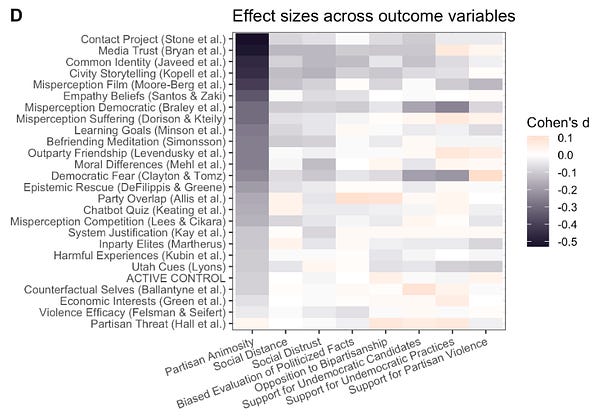
Or check out Steve’s TikTok video about the project:
Some more detail about what our intervention entailed is below. You can also try the intervention out for yourself (along with all the other interventions) here!
New papers and awards
Speaking of interventions to reduce partisan animosity, Jay and a group of researchers (led by Rachel Hartman) recently published a paper in Nature Human Behaviour providing a sophisticated review of possible interventions. They discussed interventions conducted in both academic and real-world settings on three levels - thoughts (i.e. correcting misconceptions and highlighting commonalities), relationships (i.e. building dialogue skills and fostering positive contact) and institutions (i.e. changing public discourse and transforming political structures) - and connected these three levels by highlighting the importance of motivation and mobilization.
It’s striking to see how closely our recommendations lined up with the Saving Democracy Challenge. Correcting misperceptions, highlighting commonalities, and fostering positive contact turned out to be some of the most powerful strategies for reducing partisan animosity in the mega-study. You can read the paper here:


We also have a new publication Steve Rathje, James K He, Jon Roozenbeek, Jay J Van Bavel and Sander van der Linden examining the association between social media behavior and vaccine hesitancy. Results showed that engaging with low-quality news sources and conservative Twitter networks are actually associated with vaccine hesitancy in the US (but not the UK). This shows how the polarization of the pandemic is a major public health threat in America. but not elsewhere. Read here to learn more about the study:

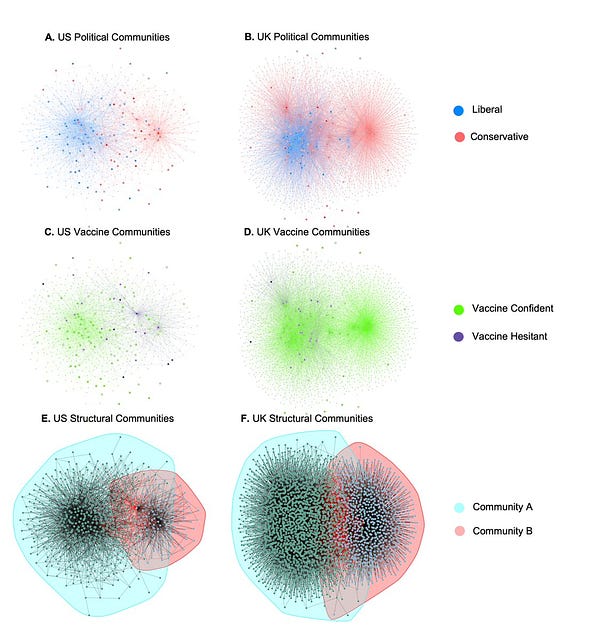
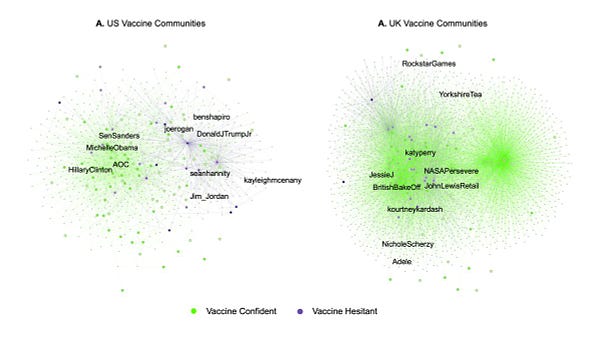
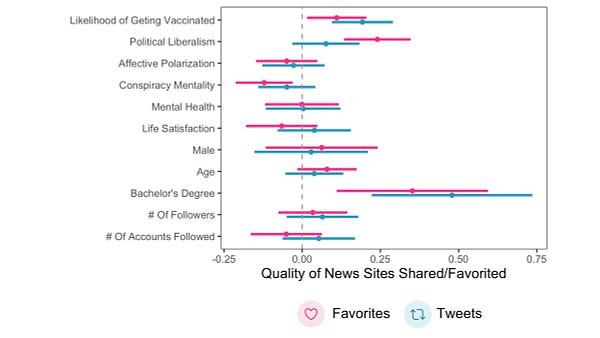
Last but definitely not least, congratulations to our visiting PhD student from Denmark, Jesper Rasmussen, on winning the Fulbright Grant for his research stay at our lab! He will spend his time in the lab studying online hatred and political hostility.

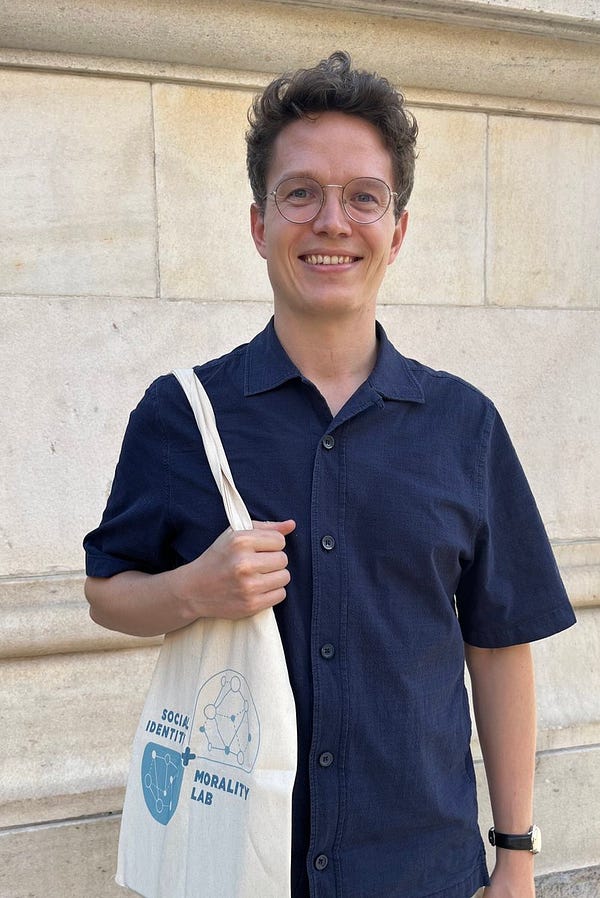
Public outreach and talks
Jay was on a Podcast with Professor Hitendra Wadhwa where he talked about the true nature of our identity and discussed how that shapes our thoughts, beliefs, actions and more. You can listen here:

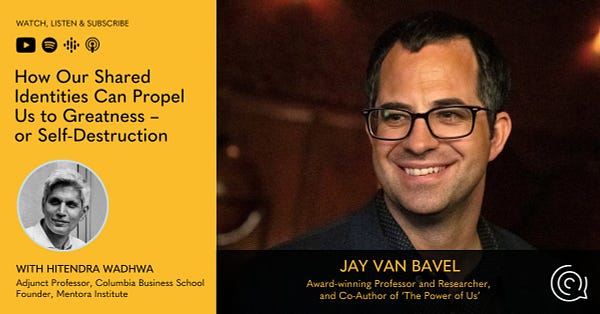
You can also learn more about identities through this video by Jay and Dominic Packer discussing key points about social identity and belief from their book, The Power of Us:

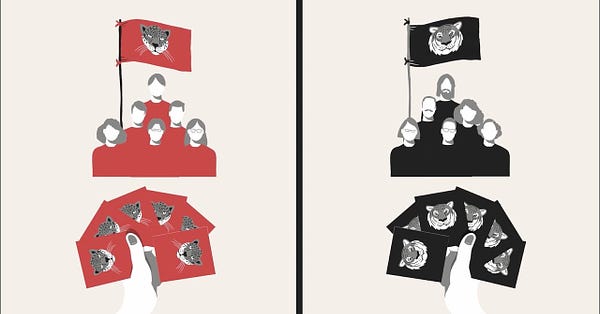
Jay also spoke at The Atlantic Festival recently with Dolores Albarracín about the psychology underlying why people believe and spread misinformation.

On a more fun side, don’t miss this video of Jay answering 21 questions from Eric Vanman on his academic and personal life:

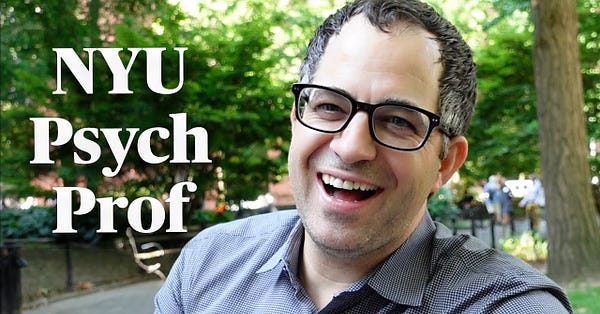
Into the new school year
As a brand new semester starts, our lab members are ready to progress together as a team! Here are some pictures of us having fun together at our very first lab picnic this semester and the department Welcome Back Social event:
We are looking forward to the new semester ahead!
In case you missed last month’s newsletter…


As always, if you have any photos, news, or research you’d like to have included in this newsletter, please reach out to the Lab Manager (nyu.vanbavel.lab@gmail.com) who writes our monthly newsletter. We encourage former lab members and collaborators to share exciting career updates or job opportunities—we’d love to hear what you’re up to and help sustain a flourishing lab community. Please also drop comments below about anything you like about the newsletter or would like us to add.
That’s all, folks—thanks for reading and we’ll see you next month!

